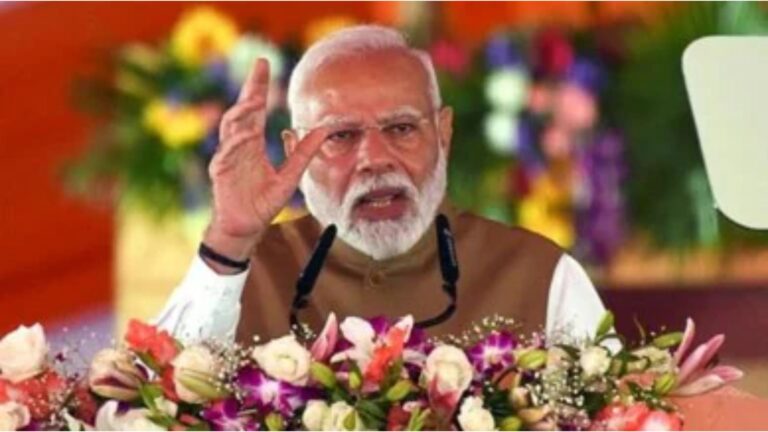
India has called upon BRICS nations to assume leadership not just in geopolitical matters but also in civilisational realms, championing a shared cultural vision that fosters diversity, humanity, and sustainable progress. Speaking at the 10th BRICS Culture Ministers’ Meeting hosted at Brazil’s iconic Itamaraty Palace, Union Minister Gajendra Singh Shekhawat emphasized the need to build a vibrant “cultural ecosystem” anchored in shared values.
The minister underscored the importance of establishing robust legal measures to combat the illicit trafficking of cultural property, particularly through digital channels. He also stressed the significance of promoting ethical artificial intelligence that respects cultural diversity, protects intellectual property, and ensures fair compensation for creators.
The high-level ministerial dialogue concluded with the adoption of a Joint Declaration identifying four key strategic cultural priorities:
- Culture, Creative Economy, and Artificial Intelligence (AI)
- Culture, Climate Change, and the Post-2030 Development Agenda
- Return and Safeguarding of Cultural Property
- BRICS Cultural Festivals and Alliances
According to India’s Ministry of Culture, the declaration reflects a collective vision for inclusive, innovation-driven, and rights-based cultural development. It recognizes culture and creative industries as pivotal to sustainable growth, calls for ethical integration of AI, and champions the preservation of traditional knowledge systems.
Shekhawat, in a social media post, reaffirmed India’s commitment to cultural cooperation grounded in justice, heritage, and innovation. “India placed culture at the heart of sustainable development — from promoting the creative economy and ethical AI to championing climate resilience through indigenous wisdom,” he said.
The minister also highlighted India’s recent successes in cultural restitution, noting that under Prime Minister Narendra Modi’s leadership, 642 heritage artifacts have been repatriated since 2014. “These are not just returns but acts of justice — restoring memory, dignity, and multilateral trust,” he remarked, reiterating the philosophy of “Vikas bhi, Virasat bhi” (development alongside heritage).
India welcomed Brazil’s emphasis on cultural restitution, calling it a significant step toward “cultural justice and civilisational dignity.” The meeting, themed “Strengthening Global South Cooperation for More Inclusive and Sustainable Governance,” aimed to deepen cultural ties among BRICS nations — Brazil, Russia, India, China, and South Africa — by enhancing institutional collaboration and launching joint cultural projects.
On the sidelines of the forum, Minister Shekhawat held bilateral discussions with his counterparts from Brazil, South Africa, and the United Arab Emirates (UAE), exploring partnerships in the creative economy, cultural exchanges, and digital innovation.
Preceding the ministerial session, the BRICS Culture Working Group met on May 22–23 to lay the groundwork for strategic cooperation in arts, heritage preservation, and knowledge exchange among member nations.
India’s cultural diplomacy continues to emphasize collaboration, heritage conservation, and people-to-people engagement, reinforcing its position as a key advocate for inclusive cultural development within the BRICS framework.




